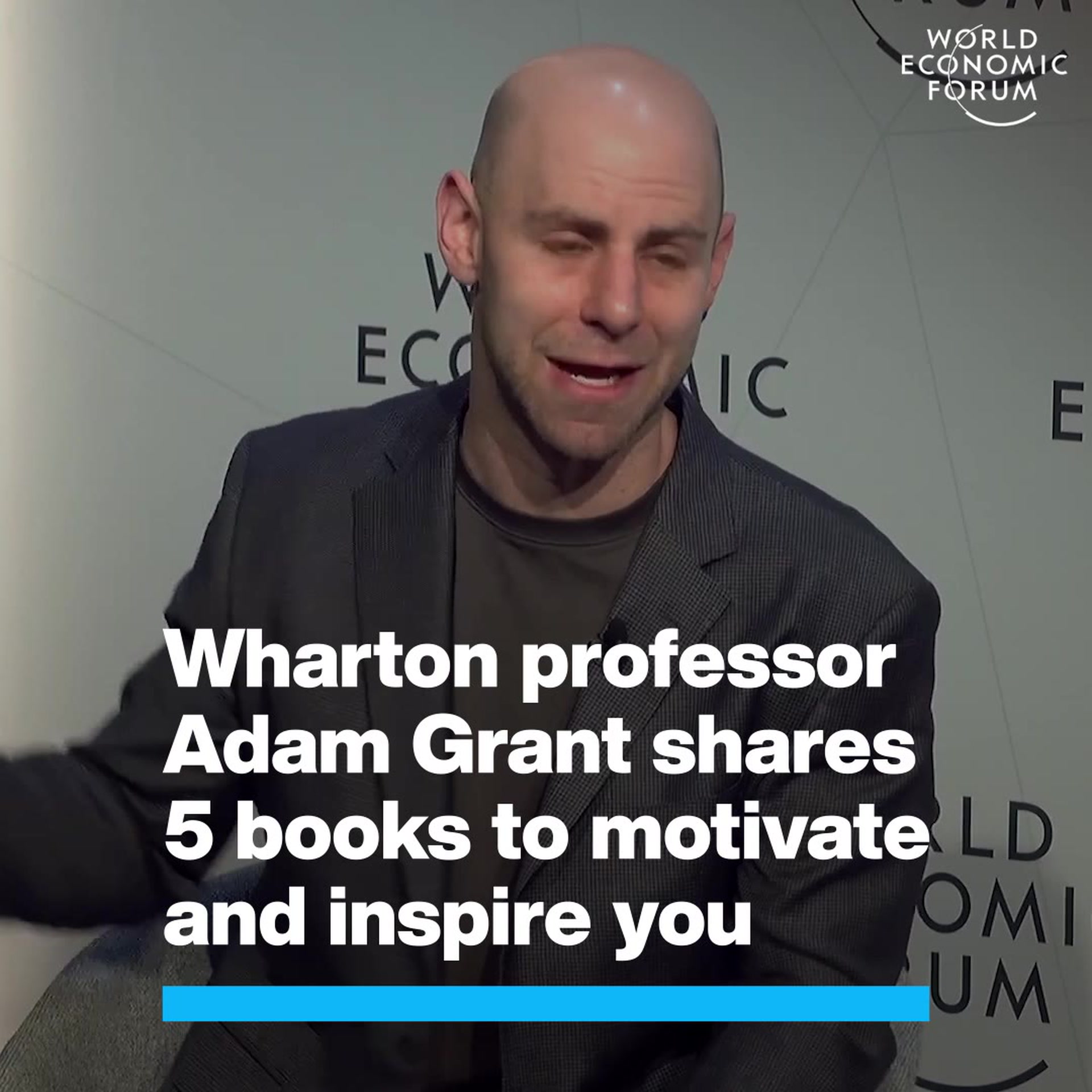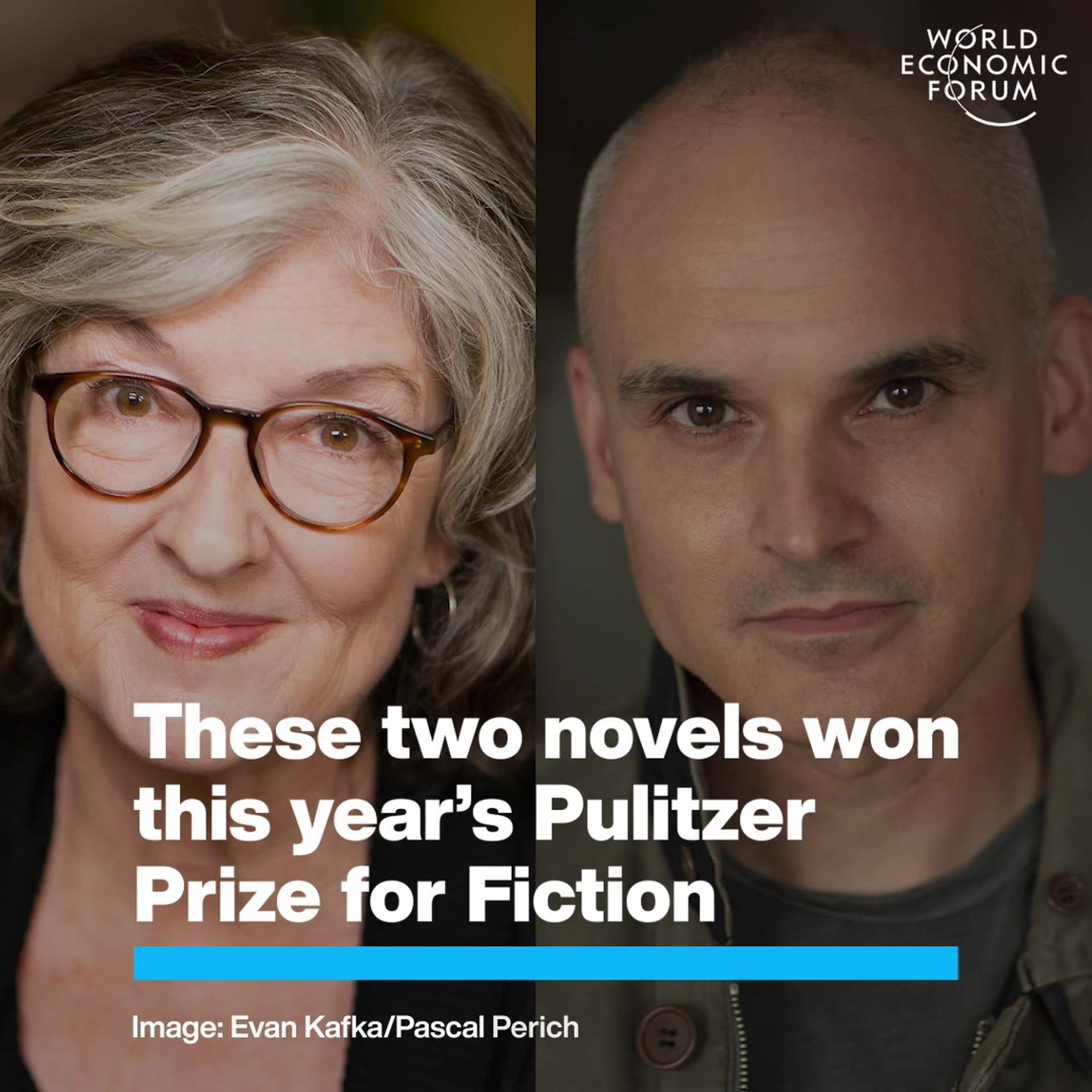These artists created a huge open library – and their idea’s gone global

Free books for all. Image: REUTERS/Danish Siddiqui

Get involved with our crowdsourced digital platform to deliver impact at scale
Stay up to date:
Book Club
You might be used to reading words written by your favourite authors in bed, on a train, or even in the park. But have you ever seen them posted on a lamppost, butcher’s shop window or trash can?
With books beyond the reach of many people in India, this unusual concept was exactly what writer Manoj Pandey and illustrator Nidhin Kundathil felt was needed to make literature accessible to everyone.
They took to the streets with stickers and posters adorned with eye-catching extracts from the works of great writers – everyone from Shakespeare and Oscar Wilde to Salman Rushdie – and a movement was born.
It’s called StickLit, an organisation Pandey and Kundathil say they want to create the world’s largest collection of literature in public spaces – a library that’s free for all.

Going global
They were inspired by the desire to bring together the disparate worlds of two people Pandey met – a B-movie screenwriter with aspirations to publish a book, and a resident of one of India’s largest slums, who would never be able to afford to buy that book.
And their passion, it seems, is contagious. The pair recruited volunteers to help stick up the posters, starting in Kundathil’s home city of Bengaluru and the capital New Delhi. And they’ve now been joined by more than 100 volunteers in three continents, with their work appearing in Amsterdam, London, Philadelphia and Kathmandu.
They’ve also asked writers to join the cause by giving permission to use their work. Salman Rushdie, Shashi Tharoor, Yuko Shimizu and Malika Favre are among those who have contributed so far.

Hidden talent
Pandey says the group wants to break down the elitism associated with literature. The posters, designed by Kundathil, are free to download in English and Hindi from the group’s website. And, as well as famous names, StickLit wants unpublished writers to be involved.
“Finding hidden talent in hidden places is very important,” says Pandey. “We want to give a voice to writers in small places who have the potential to make it big.”
Don't miss any update on this topic
Create a free account and access your personalized content collection with our latest publications and analyses.
License and Republishing
World Economic Forum articles may be republished in accordance with the Creative Commons Attribution-NonCommercial-NoDerivatives 4.0 International Public License, and in accordance with our Terms of Use.
The views expressed in this article are those of the author alone and not the World Economic Forum.
Related topics:
The Agenda Weekly
A weekly update of the most important issues driving the global agenda
You can unsubscribe at any time using the link in our emails. For more details, review our privacy policy.
More on Book ClubSee all
Ian Shine
November 27, 2023
Rebecca Geldard
June 2, 2023
Emma Charlton
May 31, 2023







